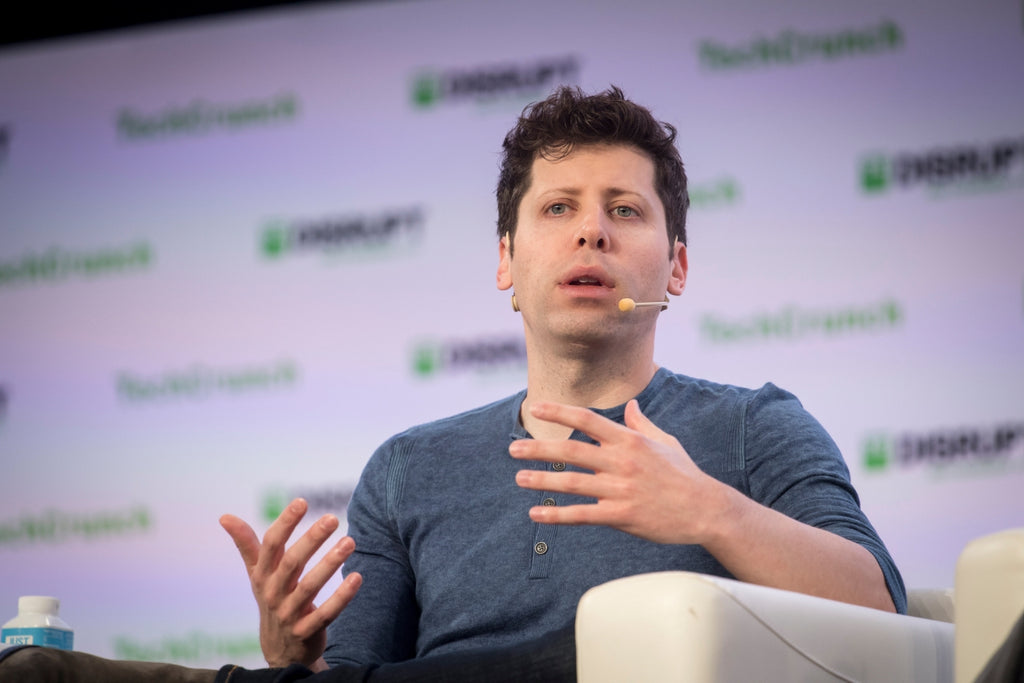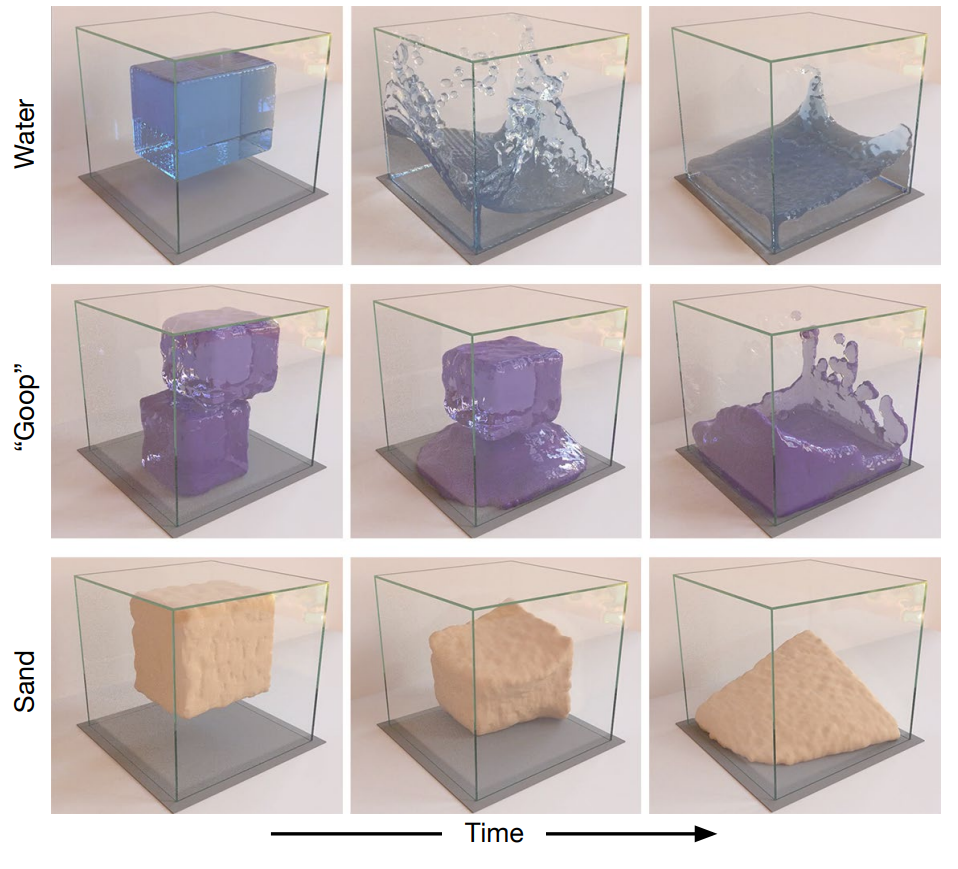AI Models RSS
OpenAI releases GPT-4, a multimodal AI that it claims is state-of-the-art
OpenAI has released a powerful new image- and text-understanding AI model, GPT-4, that the company calls “the latest milestone in its effort in scaling up deep learning.” GPT-4 is available today to OpenAI’s paying users via ChatGPT Plus (with a usage cap), and developers can sign up on a waitlist to access the API. Pricing is $0.03 per 1,000 “prompt” tokens (about 750 words) and $0.06 per 1,000 “completion” tokens (again, about 750 words). Tokens represent raw text; for example, the word “fantastic” would be split into the tokens “fan,” “tas” and “tic.” Prompt tokens are the parts of words fed into GPT-4 while completion...
Learning to Simulate Complex Physics with Graph Networks
How Well Can DeepMind's AI Learn Physics? Our framework---which we term "Graph Network-based Simulators" (GNS)---represents the state of a physical system with particles, expressed as nodes in a graph, and computes dynamics via learned message-passing. Learning to Simulate Complex Physics with Graph Networks Here we present a machine learning framework and model implementation that can learn to simulate a wide variety of challenging physical domains, involving fluids, rigid solids, and deformable materials interacting with one another. Our results show that our model can generalize from single-timestep predictions with thousands of particles during training, to different initial conditions, thousands...
Ethical AI Team Says Bias Bounties Can More Quickly Expose Algorithmic Flaws
Bias in AI systems is proving to be a major stumbling block in efforts to more broadly integrate the technology into our society. A new initiative that will reward researchers for finding any prejudices in AI systems could help solve the problem. The effort is modeled on the bug bounties that software companies pay to cybersecurity experts who alert them of any potential security flaws in their products. The idea isn’t a new one; “bias bounties” were first proposed by AI researcher and entrepreneur JB Rubinovitz back in 2018, and various organizations have already run such challenges. But the new effort seeks to create...
Customize AI Models and Optimize for Real-Time Inference Serving at Scale with NVIDIA AI on Azure Machine Learning
Simplifying and accelerating AI model development workflows is hugely valuable, whether you have an army of data scientists or just a few developers. From adapting a model to fit your use-case to optimizing it for production deployment - it is a complex and iterative process. In this session, we'll show how easy it is to train and optimize an object detection model with NVIDIA TAO, a low-code AI toolkit, and deploy it for inference using the NVIDIA Triton Inference Server on Azure ML. AI captioning languages supported: Arabic, Bulgarian, Chinese Simplified, Czech, Danish, Dutch, English, Finnish, French, French Canadian, German, Greek,...
Tags
- All
- AGI
- AI
- AI Factories
- AI Models
- Artificial Cognition
- Autism Spectrum
- Avatars
- Azure Open AI
- Bias Compensation
- cobots
- Cognition Enhancement
- Cognitive Bias
- DALL-E 2
- Deep Thought
- Digital Minds
- Ethical AI
- Evolutionary Psychology
- Finance
- Gad Saad
- Generative AI
- GPT-4
- GPT-5
- Ignite 2022
- Infrastructure
- John Koetsier
- Kosmos-1
- Lex Fridman
- Malevolent Minds
- Microsoft Copilot
- Microsoft Power Virtual Agents
- Multimodal Large Language Model
- Neil deGrasse Tyson
- Pre-Singularity
- Real-Time Inferencing
- Sabine Hossenfelder
- Sam Harris
- Scalability
- Science
- Singularity
- Singularity Philosophy
- Singularity Ready
- Social Robots
- Storytelling
- Synthetic Minds
- Tesla




